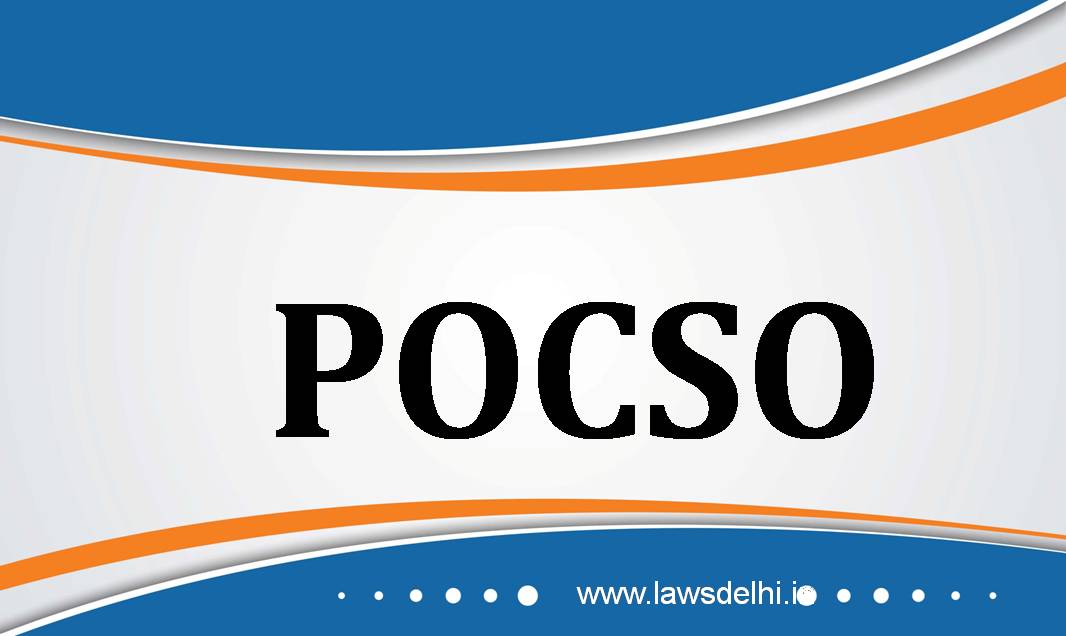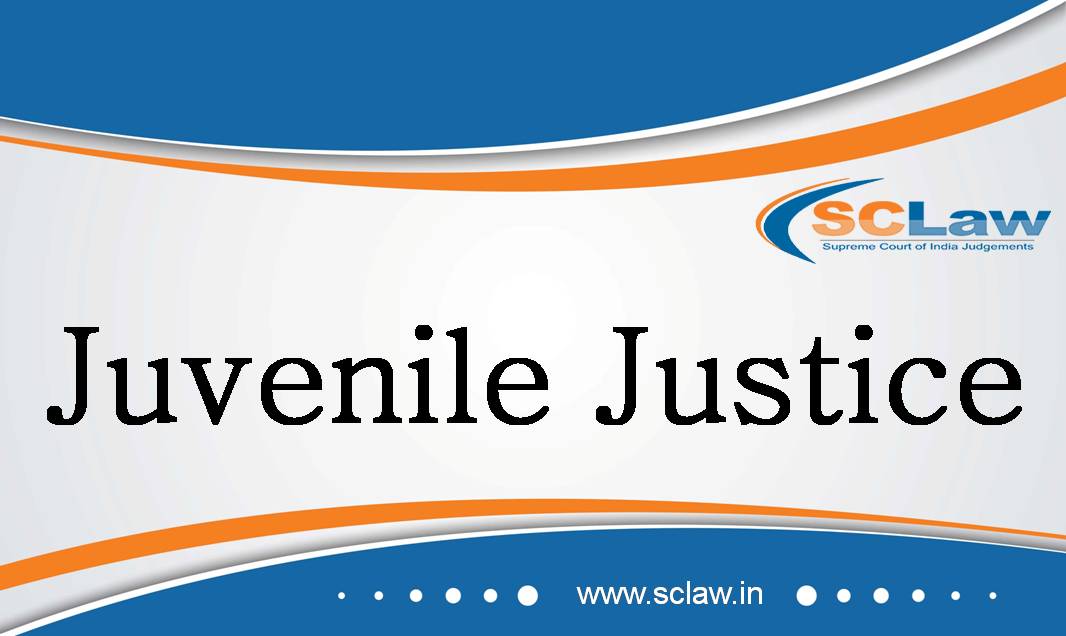Protection of Children from Sexual Offences Act, 2012 – Supreme Court found significant discrepancies and contradictions in the prosecution witnesses’ testimonies, including the victim’s, casting doubt on the prosecution’s version of events – Due to these inconsistencies and lack of corroborative evidence, the Supreme Court acquitted the appellants, setting aside their convictions and sentences – The judgment emphasizes the importance of credible evidence and the consequences of accusations on the lives of individuals, highlighting the need for careful examination of testimonies in sexual harassment cases.
SUPREME COURT OF INDIA FULL BENCH NIRMAL PREMKUMAR AND ANOTHER — Appellant Vs. STATE REP. BY INSPECTOR OF POLICE — Respondent ( Before : Dipankar Datta, K.V. Viswanathan and Sandeep…


